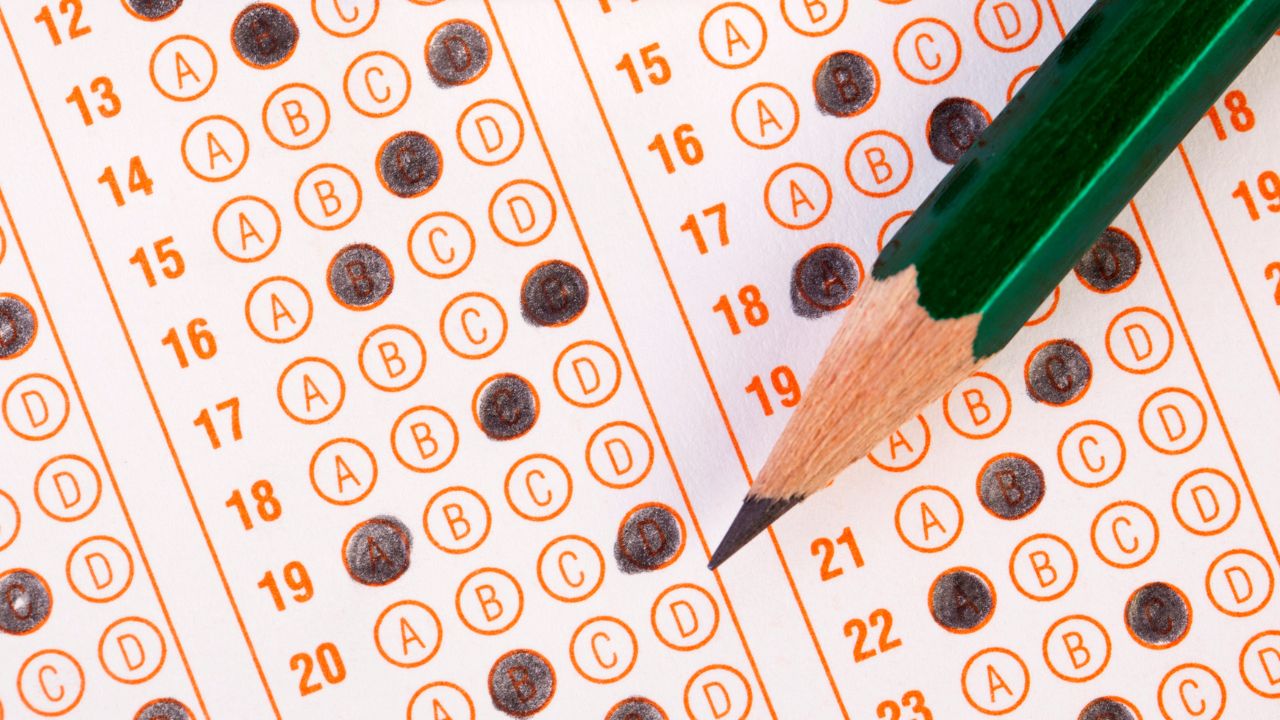- By Ritesh Kumar
- Tue, 06 Feb 2024 03:36 PM (IST)
- Source:JND
Anti-cheating Bill: In order to address instances of exam paper leaks, answer sheet manipulation in coordination with government officials, and other malpractices identified in some states, the Center introduced the Public Examinations (Prevention of Unfair Means) Bill, 2024 in Parliament.
All recruitment and entrance exams, including those administered by the National Testing Agency (NTA), the Union Public Service Commission (UPSC), the Staff Selection Commission (SSC), the Railways, banking, Common University Entrance Test (CUET), the National Eligibility and Entrance Test (NEET), and the Joint Entrance Examination (JEE), will be covered by the bill, which is being spearheaded by the Department of Personnel and Training (DoPT) under the Ministry of Personnel, Public Grievances and Pensions.
Penalties For Offenders:
The Union Cabinet's proposal calls for a minimum sentence of three to five years in prison; however, in cases of organised crime, the accused will face sentences ranging from five to ten years in prison, along with a minimum fine of Rs one crore. For service provider firms in examinations, a fine of up to Rs one crore, the recovery of the examination's proportionate cost, and a four-year ban on the firm conducting public examinations.
During his parliamentary address, Minister of State (Science & Technology) Jitendra Singh stated, “The objective is to bring in greater transparency, fairness, and credibility to the public examination systems, and to reassure the youths that their sincere and genuine efforts will be fairly rewarded and their futures are safe”.
Offences Under The Bill:
The following unfair practices and offenses during public examinations are listed in the bill.
- Leaking question papers or answer keys
- Conspiring with others to leak question papers or answer keys
- Unauthorised access to question papers or OMR response sheets
- Providing unauthorised solutions during exams
- Assisting candidates in unauthorised ways
- Tampering with answer sheets or OMR response sheets
- Unauthorised alteration of assessment results
- Violating government-set norms for exam conduct
- Tampering with documents for candidate selection or ranking
- Deliberate violation of exam security measures
- Tampering with computer systems or networks
- Manipulating seating arrangements or exam schedules
- Threatening or obstructing exam authorities or personnel
- Creating fake websites for cheating or financial gain
- Organising fake exams or issuing fake documents for cheating or financial gain.

